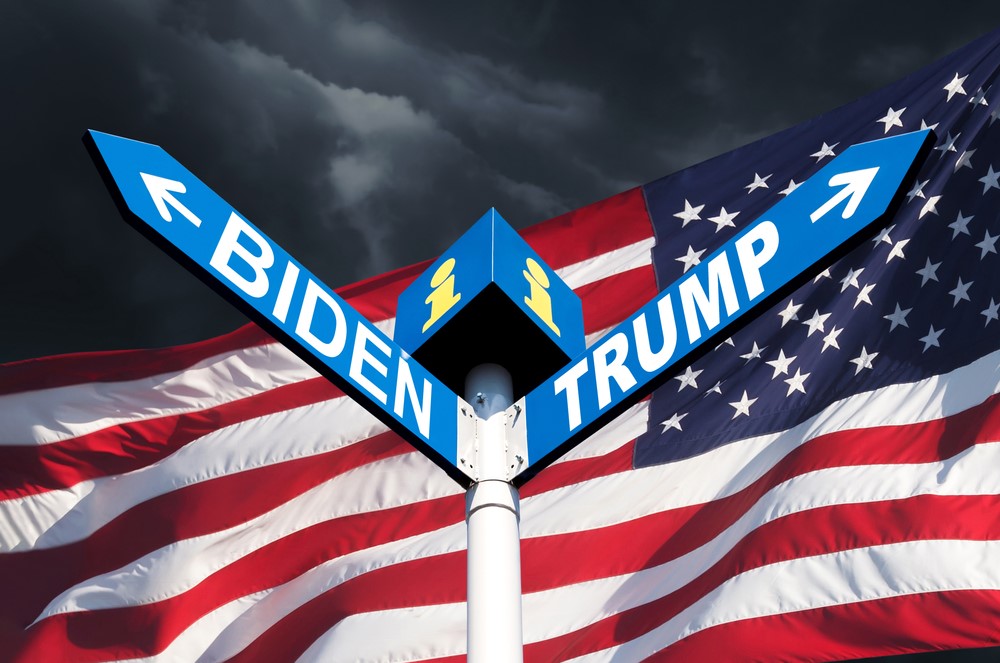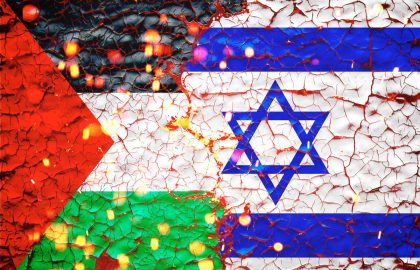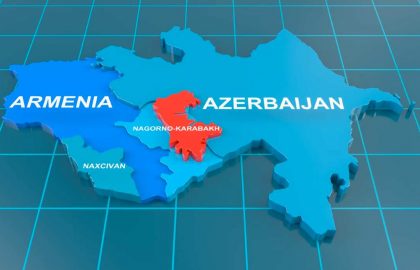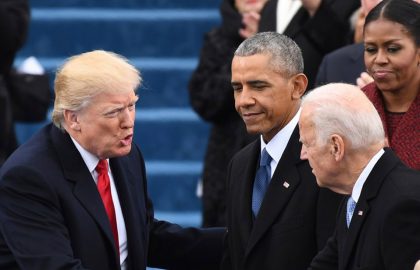By Dr. Renny Castaneda
The College of Security and Global Studies of the American University in the Emirates has recently conducted a detailed discussion to analyze the international implications of the elections in the United States. The event included a set of panels where the Faculty Members of the College assessed the political, economic, electoral and geo strategic implications of the elections, and how the results can reshape the influence of the United States in a changing world.
Among the discussions, it was relevant to notice the crucial role of the United States in the Western Hemisphere, and how the elections can define the upcoming future of the US Foreign Policy, as well as the reconfiguration of political alliances of the country with Europe, Asia or Latin America. On the other hand, the discussion also turned around how the different political factions in the US can somehow determine the future of the nation in an increasingly contested western hemisphere.
Over the recent decades, new international players have gradually gained relevance in economic and scientific scenarios, raising attention over the expanding multipolarity of the contemporary world and the political shifts that can redefine the tectonic structure of global politics. In this sense, it is important to question if the political turmoil’s in the Western hemisphere, from Europe to the US, can somehow represent a period of crisis of liberal democracies challenged by countries and regimes with different political systems and cultural traditions. Moreover, the events raise attention of the new cultural and political shifts that are affecting the West, and how they can generate social agendas that are threatening the balance of power, pushing social fragmentation in countries formerly known for their unity and tolerance.
The College of Security and Global Studies will continue expanding the horizon of the analysis to answer these and many other questions that can affect the future of the World and the MENA region. This is also important due to the increasing influence of the UAE in the Gulf, and the recent diplomatic efforts, such as the Abraham Accords Peace Agreement, to restore DiplomaticRelations and Full Normalization Between the United Arab Emirates and the State of Israel.







